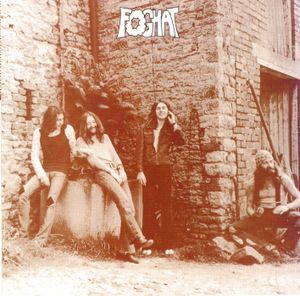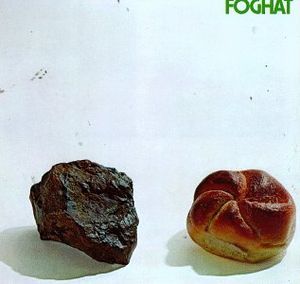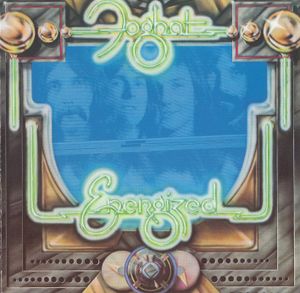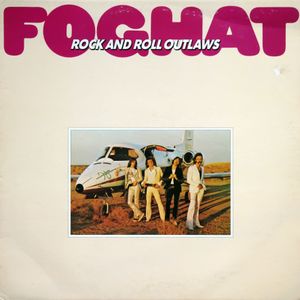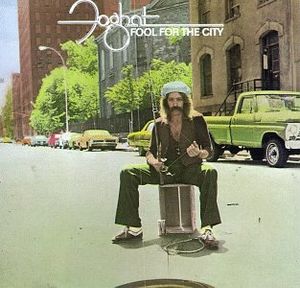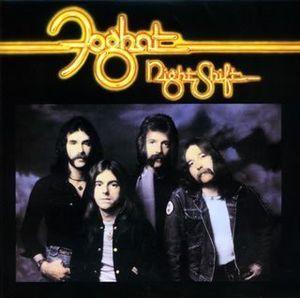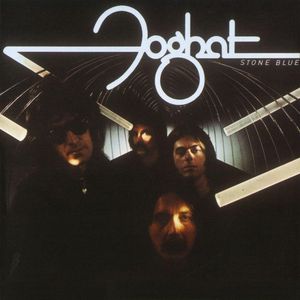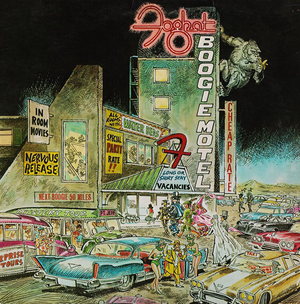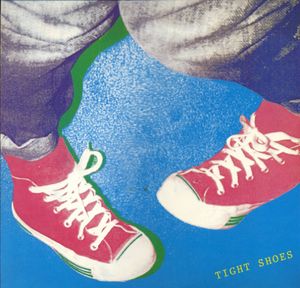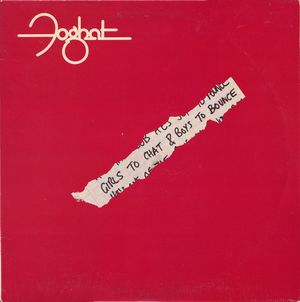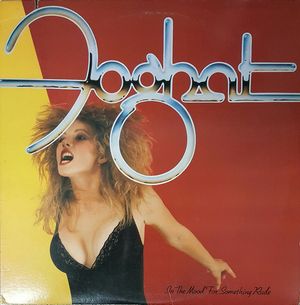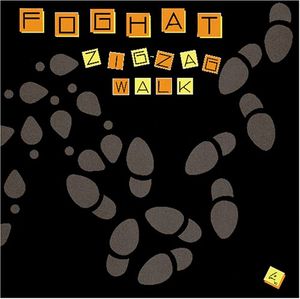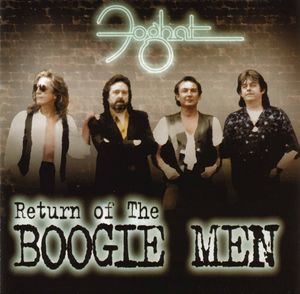
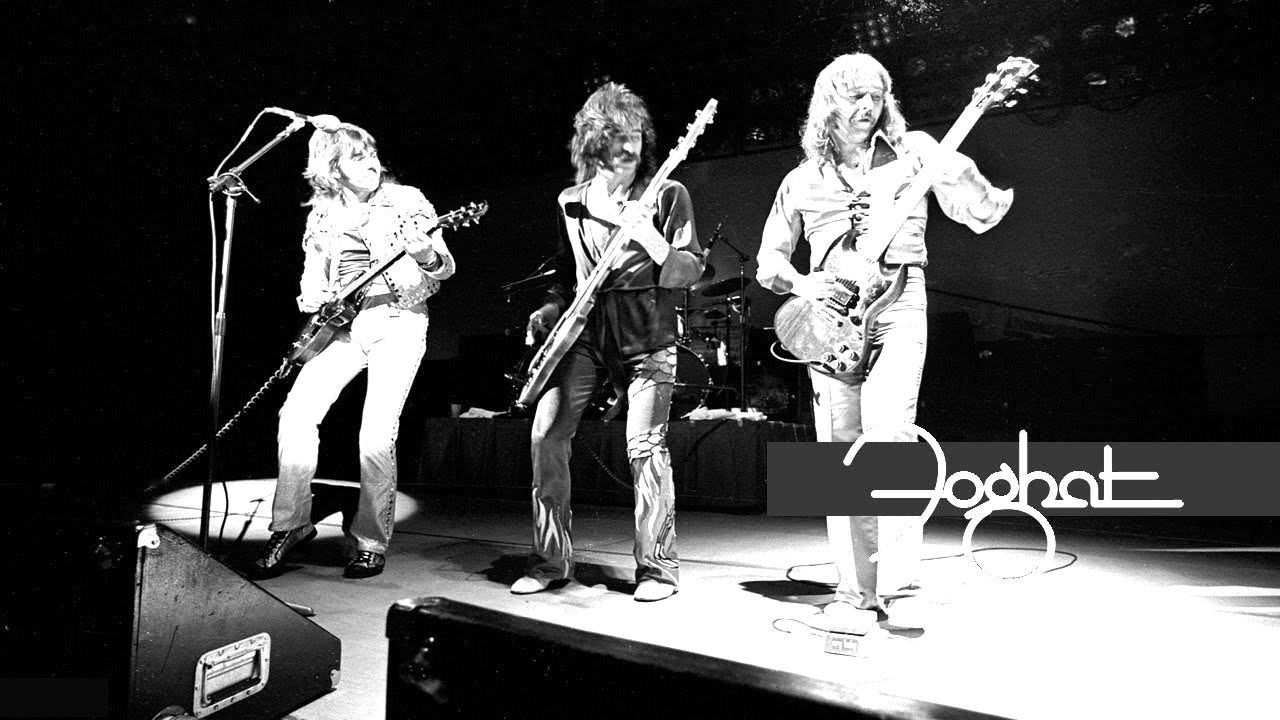
Foghat
Follow Your Favorite Band Today!
Top Foghat Community Posts
Story of Foghat
Foghat: Masters of the Electric Slide
Hailing from the bustling streets of London, Foghat emerged in 1971, becoming a cornerstone of the British blues-rock scene. They're best known for their masterful use of the electric slide guitar, crafting a sound that was both gritty and melodic. Their signature tune, the 1975 smash hit "Slow Ride," became an anthem for a generation, showcasing their raw power and undeniable swagger.
A Legacy Built on Blues and Rock
The band's journey began with a trio of seasoned musicians: Dave "Lonesome Dave" Peveret on guitar and vocals, Tony Stevens on bass, and the thunderous Roger Earl on drums. This powerhouse trio, fresh off their departure from Savoy Brown, found their missing piece in guitarist and slide virtuoso, Rod Price, who joined the ranks after leaving Black Cat Bones. They christened themselves "Foghat," a nonsensical word inspired by a game Peveret played with his brother.
Their debut album, simply titled "Foghat," landed in 1972, produced by the legendary Dave Edmunds. The album featured a captivating cover of Willie Dixon's "I Just Want to Make Love to You," which quickly became a radio staple, particularly on FM stations.
A Transatlantic Journey to Success
Foghat's raw talent and captivating sound didn't go unnoticed. They signed with Bearsville Records and embarked on a journey across the Atlantic, bringing their unique brand of blues-rock to American audiences. Their success was undeniable, resulting in eight gold albums, one platinum, and one double platinum record.
Despite numerous lineup changes over the years, Foghat's dedication to their music has never wavered. They continue to tour and record, carrying the torch of their distinct sound and inspiring generations of musicians with their electrifying performances. Their legacy remains firmly etched in the annals of rock and roll history, a testament to the enduring power of their unique blend of blues and rock.
Frequently Asked Questions
Bands you may like
More Blues Rock Bands
Discover more bands in the Blues Rock genre and explore the diverse sounds that define this musical style.
Browse All Blues Rock BandsMore Bands from United Kingdom
Discover the rich musical heritage of United Kingdom and explore bands that represent the country's unique sound and culture.
Browse All United Kingdom Bands
